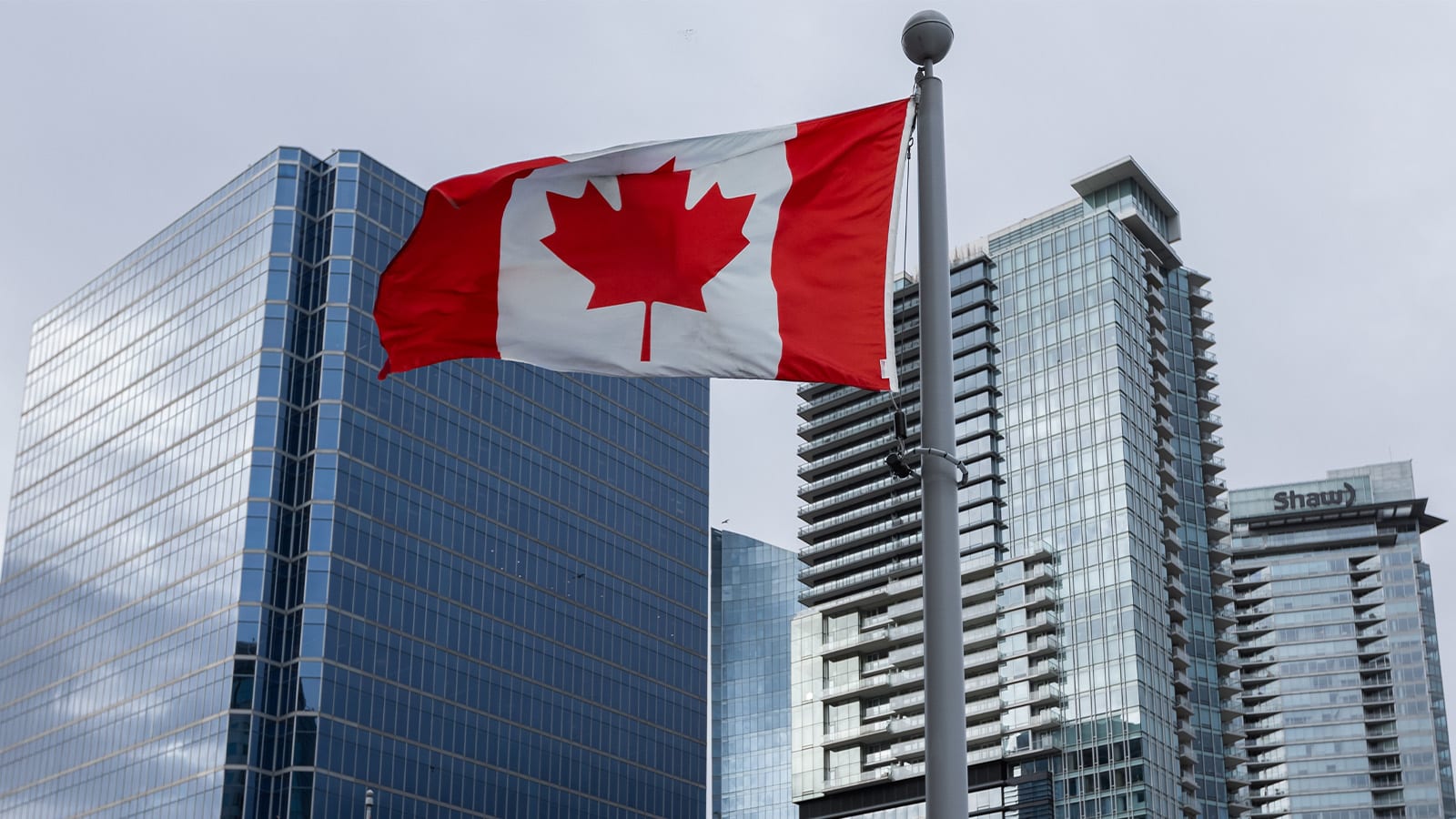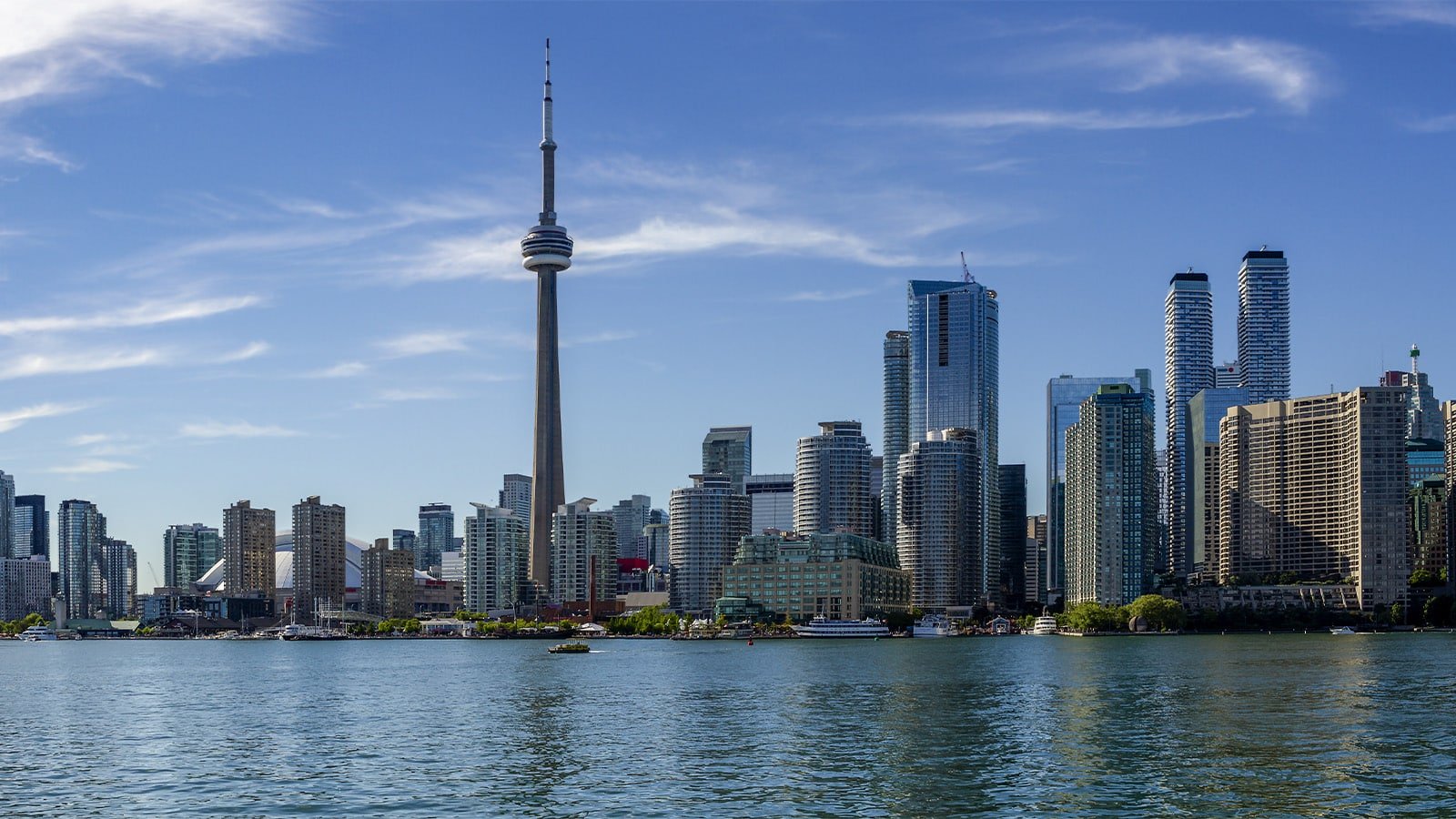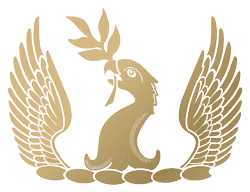
Canada has always been immigrant-forward. The country even proclaims itself as a nation for immigrants built by immigrants, and the multitude of immigration channels it has open certainly supports this.
Among the various immigration programs Canada has are the Provincial Nominee Programs (PNPs), which are created by each province to better attract the specific type of immigrant that will fit its socioeconomic goals.
The federal government does not oversee PNPs; instead, each province handles its own program separately, awarding entrepreneurs with a temporary residence permit in exchange for investing in and managing a business within the province.
After a specific time has elapsed, typically two years but in some cases just one, the province will then nominate the entrepreneur for a permanent residency, which is issued by the federal government.
Once an investor obtains their permanent residence permit, they are no longer bound by their business and are free to do what they please and live where they want.
Update: Exciting News for Caribbean Passport Holders – Canada Visa-Free Travel Announced
After two more years, investors can then apply for Canadian citizenship.
PNPs come with differing requirements, be it the investment amount, net worth requirement, human capital factors such as education, experience, or English language proficiency, and business requirements such as hiring employees, servicing certain areas, or working in a specific sector.
While the main premise of all PNPs is similar, the qualification requirements differ wildly; this means that any entrepreneur can find a PNP that suits them.
Even the investment amounts vary, starting at CAD 150,000 for some provinces and reaching CAD 300,000 in others.
This variety is good for entrepreneurs who want to move to Canada as they have more than one option to apply to and can find the province and program that suits them best.
As of 2023, the provinces that do have PNPs for entrepreneurs are:
- Ontario
- British Columbia
- Nova Scotia
- Saskatchewan
- Manitoba
- Prince Edward Island
- New Brunswick
- North West Territories
- Yukon
Applicants start out by sending Expression of Interest (EOI) letters to the provinces they are interested in. EOIs score each applicant based on their financial, human, and business factors.

Canada also has its Start-Up Visa (SUV) program, which is much simpler than the PNPs in terms of requirements.
Then, they enter into an applicant pool where points-based draws are periodically conducted. If an applicant meets the minimum points of a draw, then they are invited to apply; this is when they have to send all the relevant documentation to the province.
Entrepreneurs are free to submit EOIs to all the provinces but can only apply to one after they are drawn, which increases the chance of approval.
Explore UK’s Business Immigration Routes: Innovator, Start-Up, and Expansion Worker Visas
After their application is approved, applicants will sign a Business Performance Agreement (BPA). This agreement differs from one province to another, but it typically requires applicants to invest the amount they declared in their business plan, conduct any hiring they pledged to, and manage their business while living in the province.
If an entrepreneur meets the BPA requirements, they will then be nominated for a permanent residency permit.
Start-Up Visa (SUV) Program
Alternatively, Canada also has its Start-Up Visa (SUV) program, which is much simpler than the PNPs in terms of requirements. Applicants with an innovative idea can apply for an endorsement from an approved body (business incubators, angel investors, or venture capital firms) and use that endorsement to apply for the SUV and obtain a direct permanent residency permit.
The SUV has minimal human factor requirements, no minimum investment amount, and no BPA, making it an easier option.
The SUV also allows for up to five investors to apply under the same innovative idea, making it much more beneficial for entrepreneurs who have singular-focused experiences, as they can add value to an idea in their area of expertise.
Discover Canada’s Top Sectors With The Start-Up Visa
Applicants are even encouraged to obtain funding from endorsing bodies, and those who do will get priority processing.
The Start-Up Visa is handled on the federal level, which means it takes more time to process than PNPs since the average wait time for a permanent residency permit is between 1 and 1.5 years.
However, approved applicants who are awaiting their permanent residency can apply for a three-year temporary residence permit to move to Canada until their permanent residency is issued.
The PNPs and SUV offer a multitude of immigration routes for entrepreneurs who want to access the world’s tenth largest economy.
Conducting business in Canada is a major step for entrepreneurs with their eyes set on the global stage, and the country’s reliance on SMEs means that the Canadian market is more internally integrated and simple to navigate for a newcomer.
Business in Canada
In fact, 99.8% of all 1.21 million businesses in Canada are SMEs, and the average annual growth in the number of businesses in the country sits slightly above 10,000 a year.
This dynamic market opens the doors for investors who want to take advantage of a robust economy that is rapidly growing. Canada’s GDP grew a respectable 5.01% in 2021 and another 3.4% in 2022, highlighting the consistent growth that investors can benefit from.
Applicants with experience in high-growth-rate sectors are set to benefit the most, as most markets in the world continue to struggle, SMEs in the goods-producing sector in Canada grew an impressive 7.1%.
The numbers are even better in the services sectors, as an average growth rate (AGR) of 7.1% highlights the efficacy of the market. The finance and real estate industries witnessed an AGR of 9.3% in 2022.
Business, building, and other support services grew a respectable 8.9%, while the information, culture, and recreation sector had an impressive AGR of 10%.
Benefits of the E2 Visa: All You Need to Know
Canada’s market is hard to beat, and while the PNPs have more specific qualification criteria than the D2 Visa, they are still excellent options for many entrepreneurs.
But for those looking for a simpler option, Canada does deliver through its highly-rated SUV. A simple program that directly leads to a permanent residency permit, fast-tracking the route to citizenship.
However, the most important thing to consider if you’re looking into business migration is who you want to work with. You need an advisor who knows the countries’ economies as well as their immigration programs, and who can provide you with the optimal solution for your needs, and that is exactly what the team at Savory & Partners offers you.
To know more about business migration and what options are available – and which ones suit you best – contact us today to book a comprehensive consultation with one of our experts.
Our Availability
We are available on every channel convenient for you.
- Landline: +971 (0) 4 430 1717
- Mobile Phone: +971 54 440 2955
- WhatsApp: +971 54 440 2955
- E-mail: [email protected]
- Signal: +971 54 440 2955
- Telegram: +971 54 440 2955












